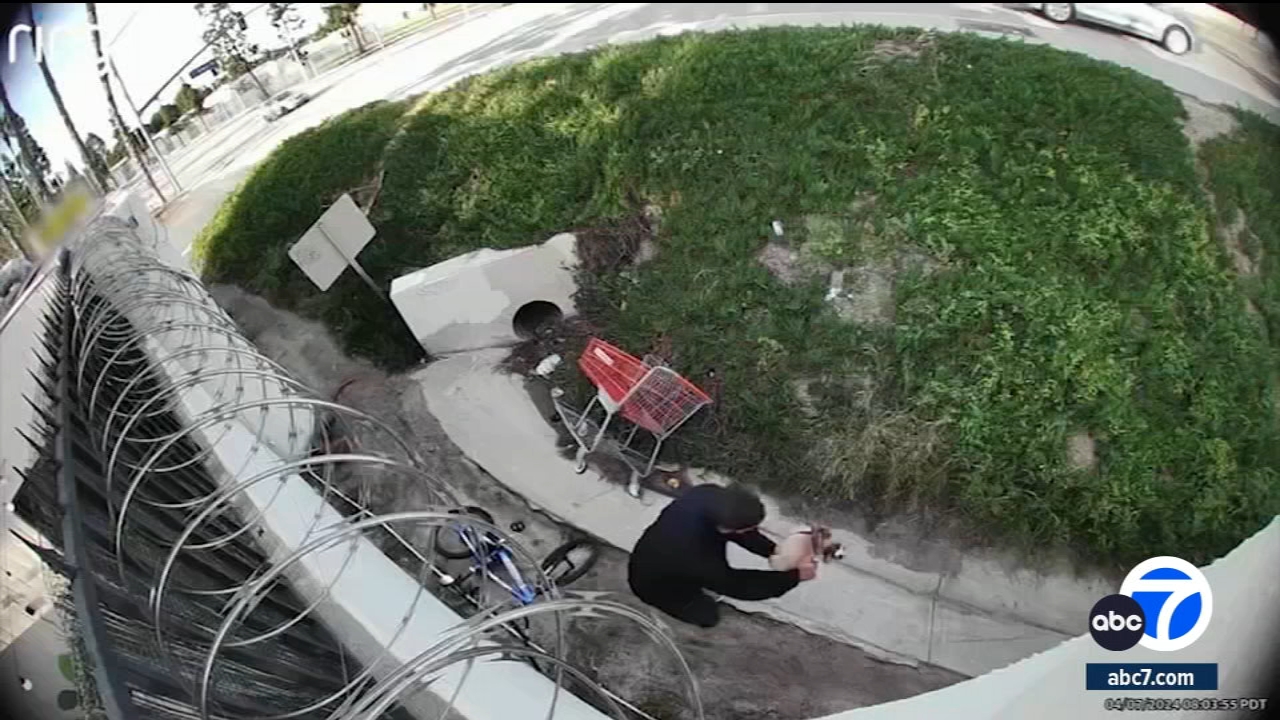Ronald Reagan UCLA Medical Center conducts Ebola drill
WESTWOOD, LOS ANGELES (KABC) -- Ronald Reagan UCLA Medical Center conducted a drill Friday to prepare for the possibility of treating someone with Ebola.
There was no Ebola scare at the hospital, but officials hoped the training exercise would prepare hospital staff in case they do encounter a patient with the virus. Los Angeles County Health Department staff were on hand to observe the exercise.
During the Friday drill, hospital staff addressed transporting Ebola patients through the hospital, disposing trash and waste, handling equipment such as ventilators and X-ray machines to use only for Ebola patients, setting up mobile laboratories and making sure their staff had personal protective equipment.
Depending on how sick the patient is, he or she would be sent from UCLA to one of the four National Institutes of Health for specialized treatment, said Dr. Robert Kim-Farley with the Los Angeles County of Public Health.
The drill is in response to two nurses in Dallas who contracted the disease after having contact with patient Thomas Eric Duncan, the first person diagnosed with Ebola in the United States since the West African outbreak began in March. Officials say the first nurse, Nina Pham, even wore protective clothing while treating Duncan.
The chief clinical doctor at that Dallas hospital said his hospital staff was ready to treat patients with Ebola, but not necessarily ready to diagnose the virus.
After the drill, Dr. Benjamin Schwartz with the Los Angeles County of Public Health said he believes UCLA is ready to handle an Ebola or group of Ebola patients.
"We know that preparedness is a process and there is still room for additional improvement, but they did an excellent job in the exercise today and we're confident they could safely manage an Ebola patient," Schwartz said.













